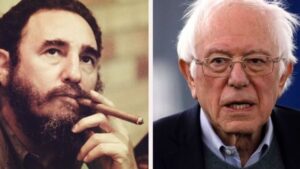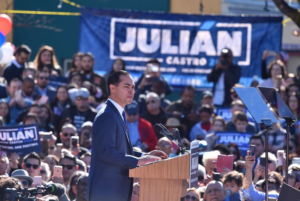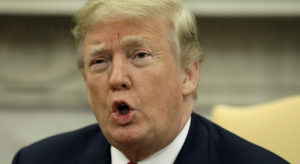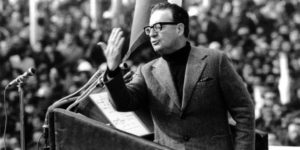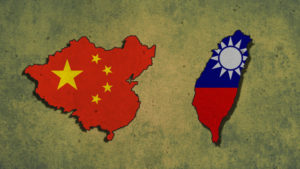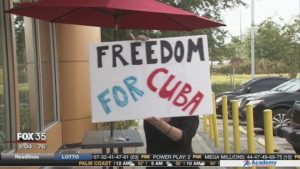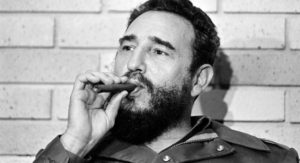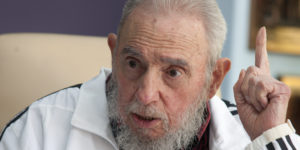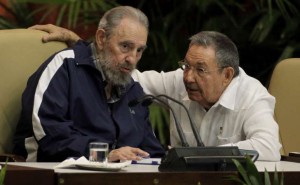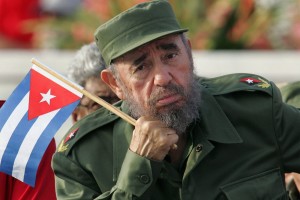I got into a snit the other day with some supporters of Sen. Bernie Sanders, who at this moment is the front runner for the Democratic Party presidential nomination.
They chewed me out for dismissing his candidacy. Well, here comes Round Two.
Bernie Sanders is wrong to give the late Cuban dictator Fidel Castro any props for the “good” he did while leading the island nation for a seeming eternity.
Sanders told Anderson Cooper on “60 Minutes” Sunday night that Castro enacted a literacy program when he took over the Cuban government in 1959. “That’s a bad thing”? Sanders asked, rhetorically.
Well, no. It’s not. However, none of that negates the firing squads that Castro deployed to rid Cuba of political dissenters. Nor does it counter the myriad human rights abuses that Castro imposed during his tyrannical reign. Nor does it overrule the fact that in 1962 he welcomed Soviet missiles onto his island, allowing the Soviet Union military geniuses to program the missiles to strike targets in the United States.
Sen. Sanders is trying to make it clear that he despises autocrats, strongmen, dictators and tyrants. He is drawing a line between himself and Donald Trump, who professes to be “in love” with North Korean tyrant Kim Jong Un.
OK, that’s fine. However, Sen. Sanders needs to navigate his way around any effort to speak well of another tyrant, Fidel Castro.
If Sen. Sanders has any hope of winning the 2020 presidential election in the event that Democrats nominate him this summer, he’ll have to assuage the anger he is igniting among a key voting bloc of Cuban expatriates in South Florida that has long memories of Fidel Castro’s monstrous rule.
